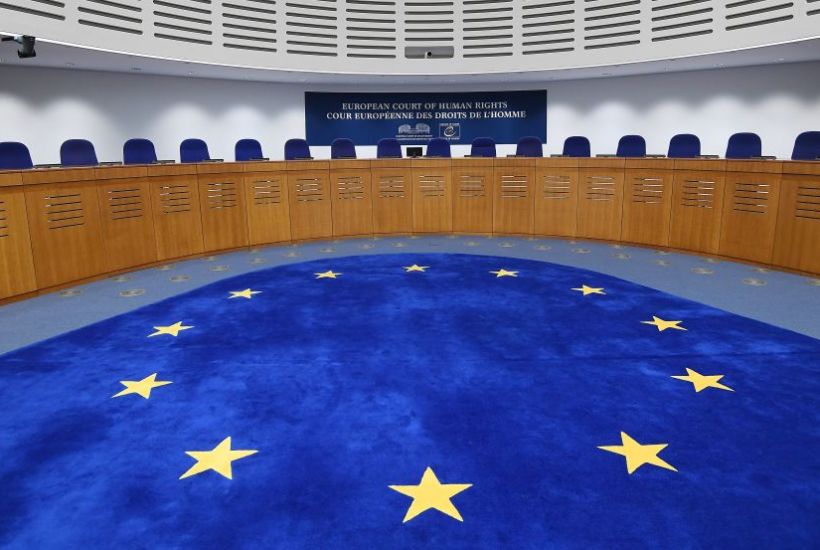If you think public health authorities in England are overbearing, spare a thought for the Czechs. Parents who fail to have children vaccinated face being fined or having their offspring excluded from nurseries. Now, in a landmark ruling, the European Court of Human Rights, has backed that policy. But even critics aghast at the thought of compulsory vaccinations should welcome the court’s verdict.
Already a subscriber? Log in
Subscribe for just $2 a week
Try a month of The Spectator Australia absolutely free and without commitment. Not only that but – if you choose to continue – you’ll pay just $2 a week for your first year.
- Unlimited access to spectator.com.au and app
- The weekly edition on the Spectator Australia app
- Spectator podcasts and newsletters
- Full access to spectator.co.uk
Or




















Comments
Don't miss out
Join the conversation with other Spectator Australia readers. Subscribe to leave a comment.
SUBSCRIBEAlready a subscriber? Log in